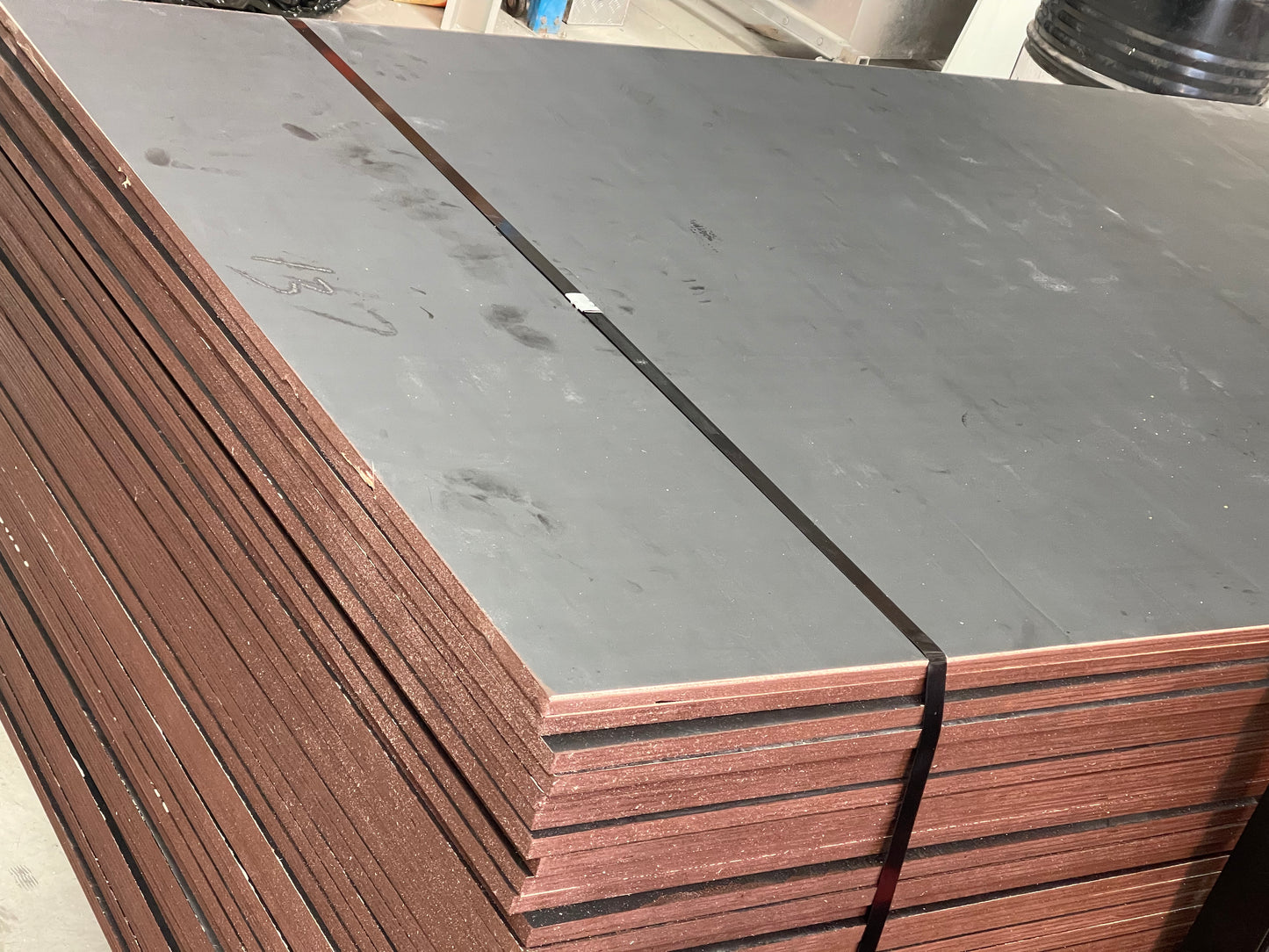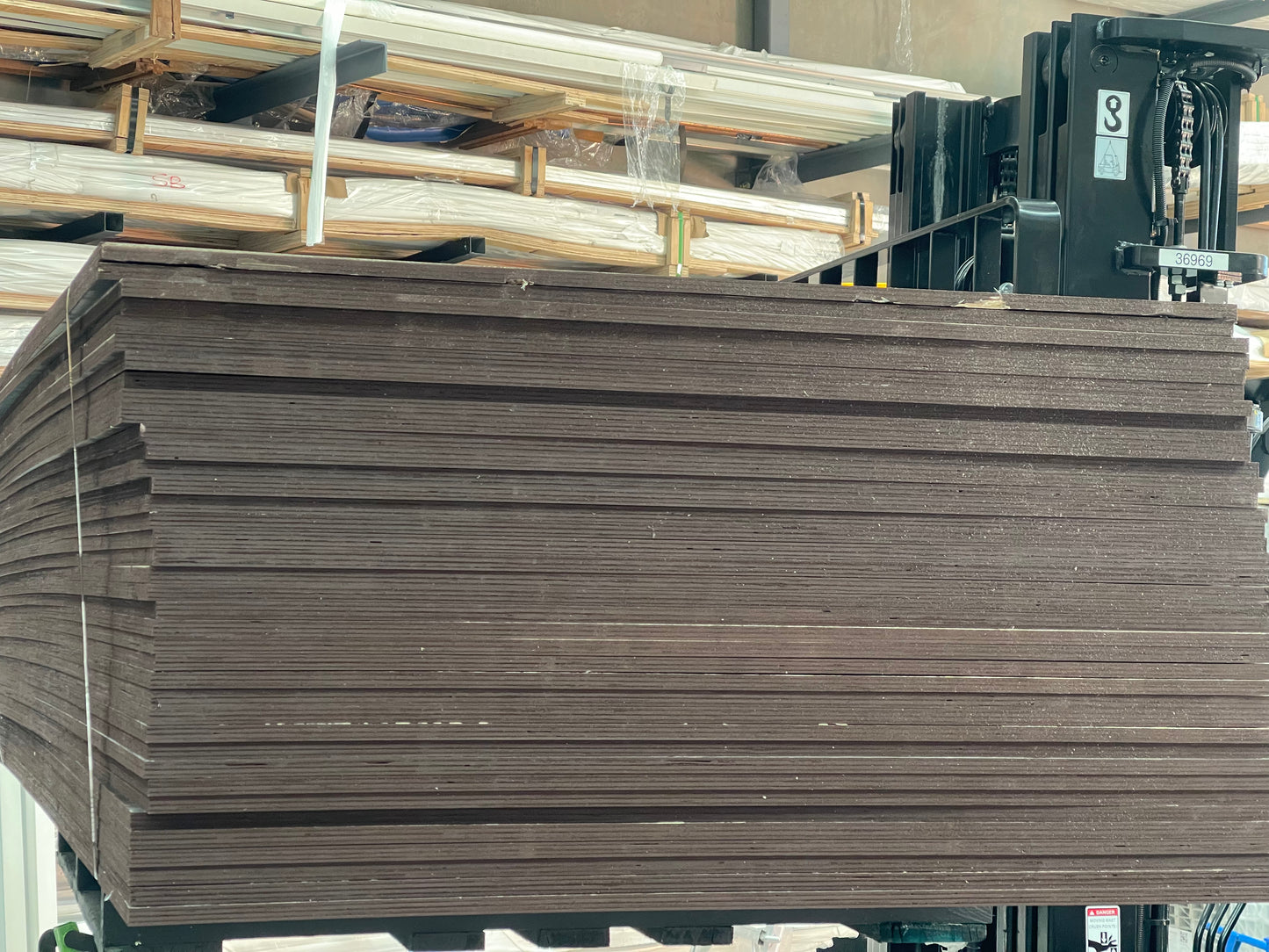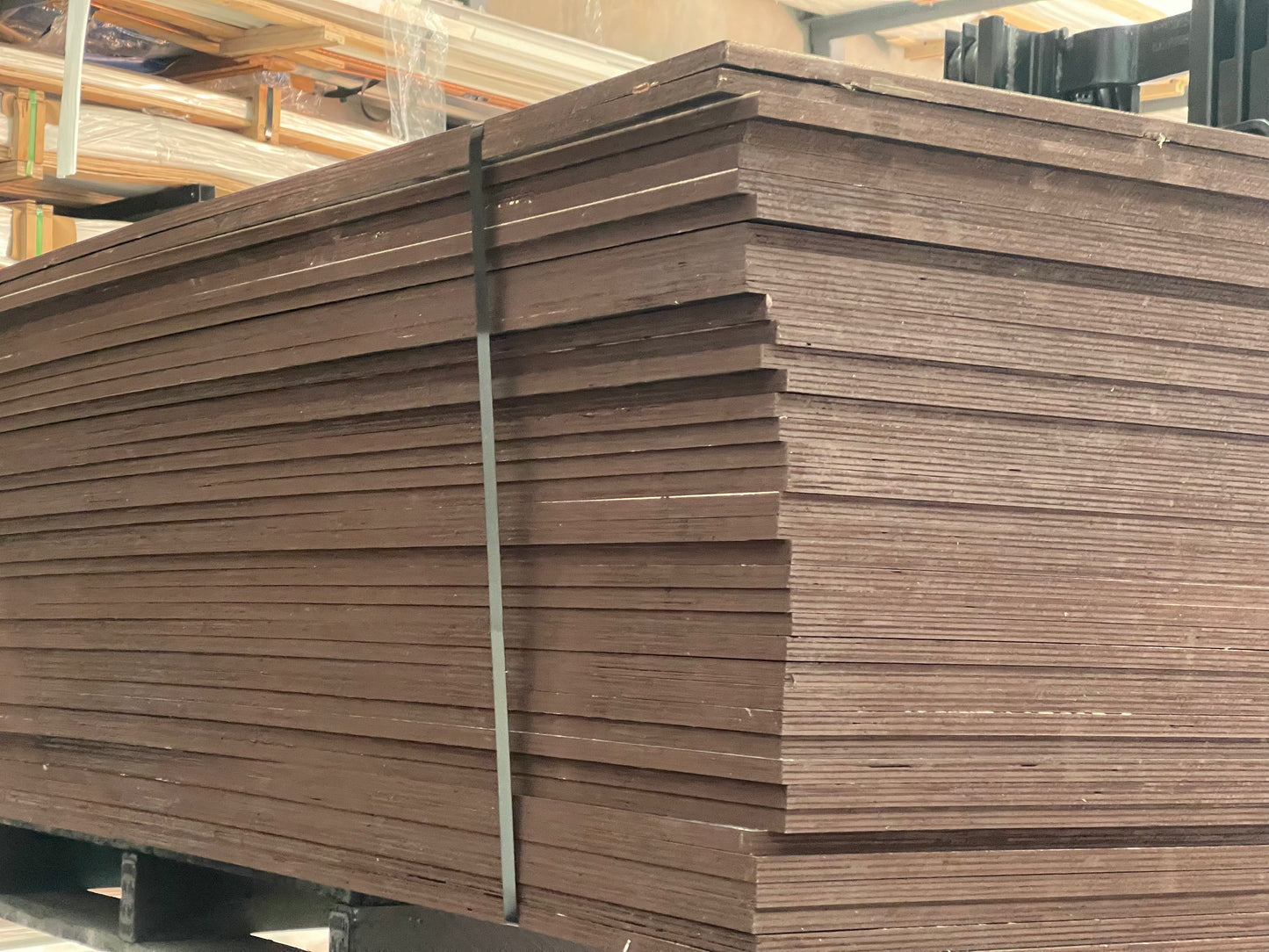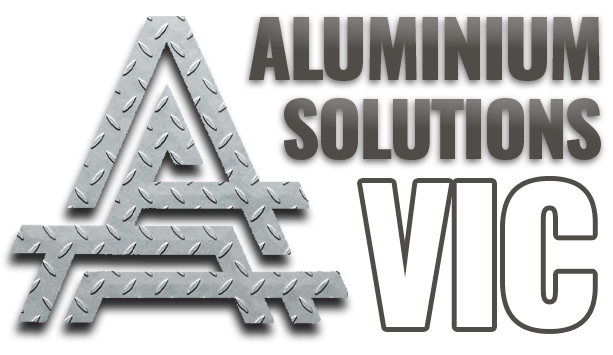


Frequently Asked Questions (FAQs)
How does the 5052 alloy compare to the 3003 alloy?
Both 5052 and 3003 are popular aluminium alloys, but they have distinct properties and uses. The 5052 alloy is known for its excellent corrosion resistance, making it ideal for marine applications and environments where it might come into contact with saltwater or chemicals. On the other hand, 3003 alloy is more malleable and is typically used for applications requiring formability. While both are durable, the 5052 alloy's superior resistance to corrosion makes it a preferred choice for checker plates.
Is there a bulk discount for large orders?
We strive to offer competitive pricing for all our customers. For large or bulk orders, please call our sales team on 03 8418 2010 to discuss potential discounts or offers.
How quickly can I expect my order to be ready for pickup or delivery?
We pride ourselves on fast shipping and same-day pickup options for our customers. Once your order is confirmed, we'll provide an estimated time frame for when it will be ready.
Can aluminium checker plates be painted or coated?
Yes, while aluminium checker plates come with a mill finish, they can be painted or coated for aesthetic reasons or to provide additional protection. It's essential to ensure the surface is clean and use the appropriate primer and paint for aluminium.
Is the aluminium checker plate slip-resistant?
Absolutely! One of the key features of our aluminium checker plate is the raised pattern on its surface. This pattern provides improved grip and traction, making it especially useful in areas with heavy traffic or where slip-resistance is crucial.
Can the aluminium checker plate be used in outdoor settings?
Yes, our aluminium checker plate is corrosion-resistant, making it ideal for outdoor settings. Whether exposed to rain, snow, or sunlight, it retains its appearance and structural integrity.
What are the welding properties of the 5052 aluminium checker plate?
The 5052 aluminium alloy exhibits excellent weldability using all standard methods like gas, electric, and resistance welding. GMAW and GTAW are the preferred and widely used methods.
What are some typical applications of the 5052 aluminium checker plate?
The 5052 aluminium alloy is commonly used for small marine craft, food processing equipment, cabinets, and in treadplate form for industrial and marine flooring, trailers, and tool boxes. It's also utilised in building panelling and other similar applications.
How does the 5052 aluminium checker plate respond to heat treatments?
Alloy 5052 is not hardenable by heat treatment. However, it can be significantly hardened by cold work, leading to various “H” tempers. The alloy spontaneously age-softens at room temperature but eventually reaches a stable condition. To soften the alloy, it can be annealed by heating to 345°C.
What are some other names for aluminium checker plates?
Checker plates go by several names depending on the region and application. Common names include Tread Plate, Diamond Plate, Chequered Plate, and Aluminium Chequered Sheets. Each term might be used interchangeably, but they all refer to the distinct patterned surface commonly used for its anti-slip properties.



